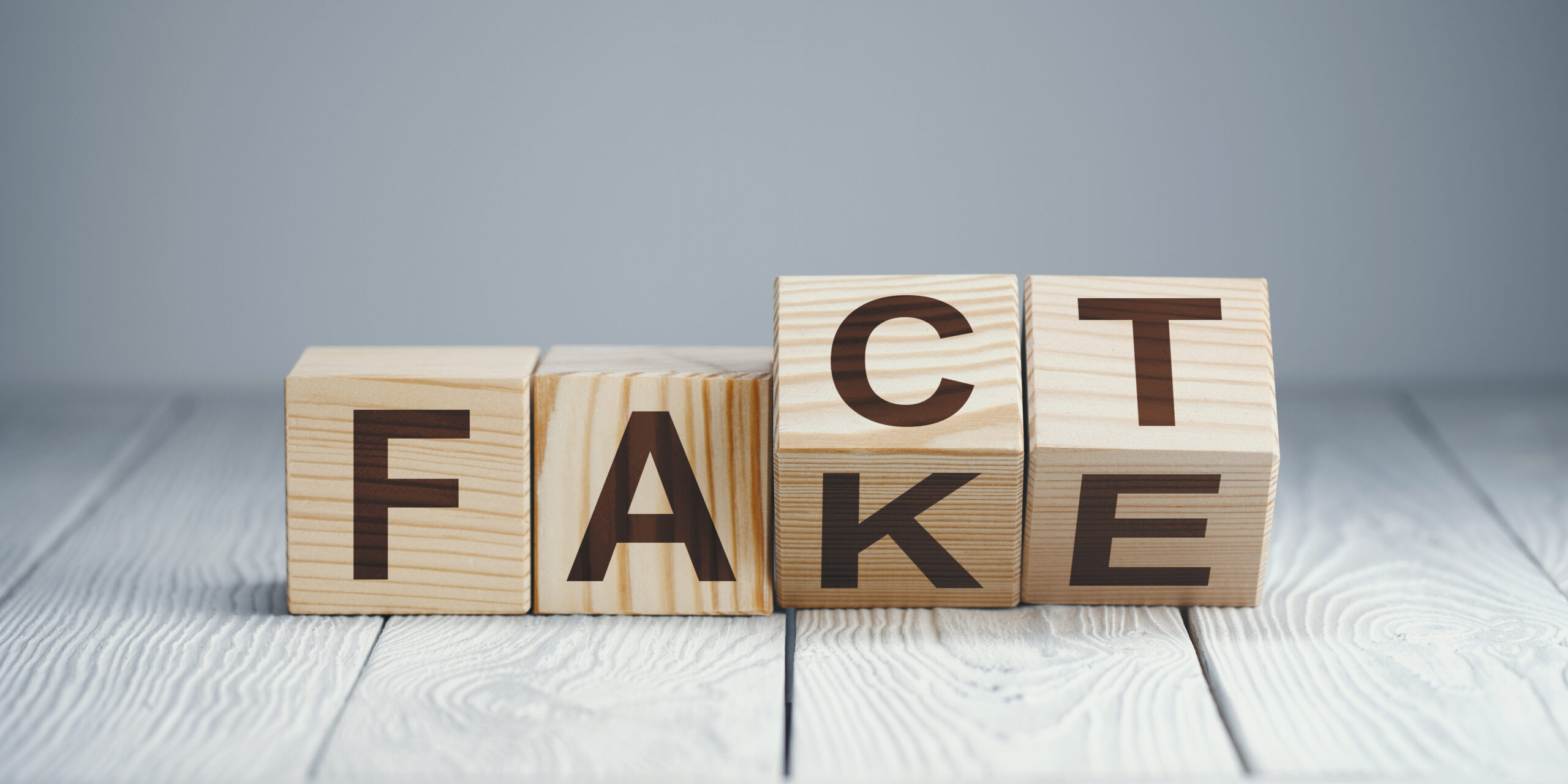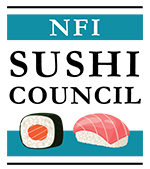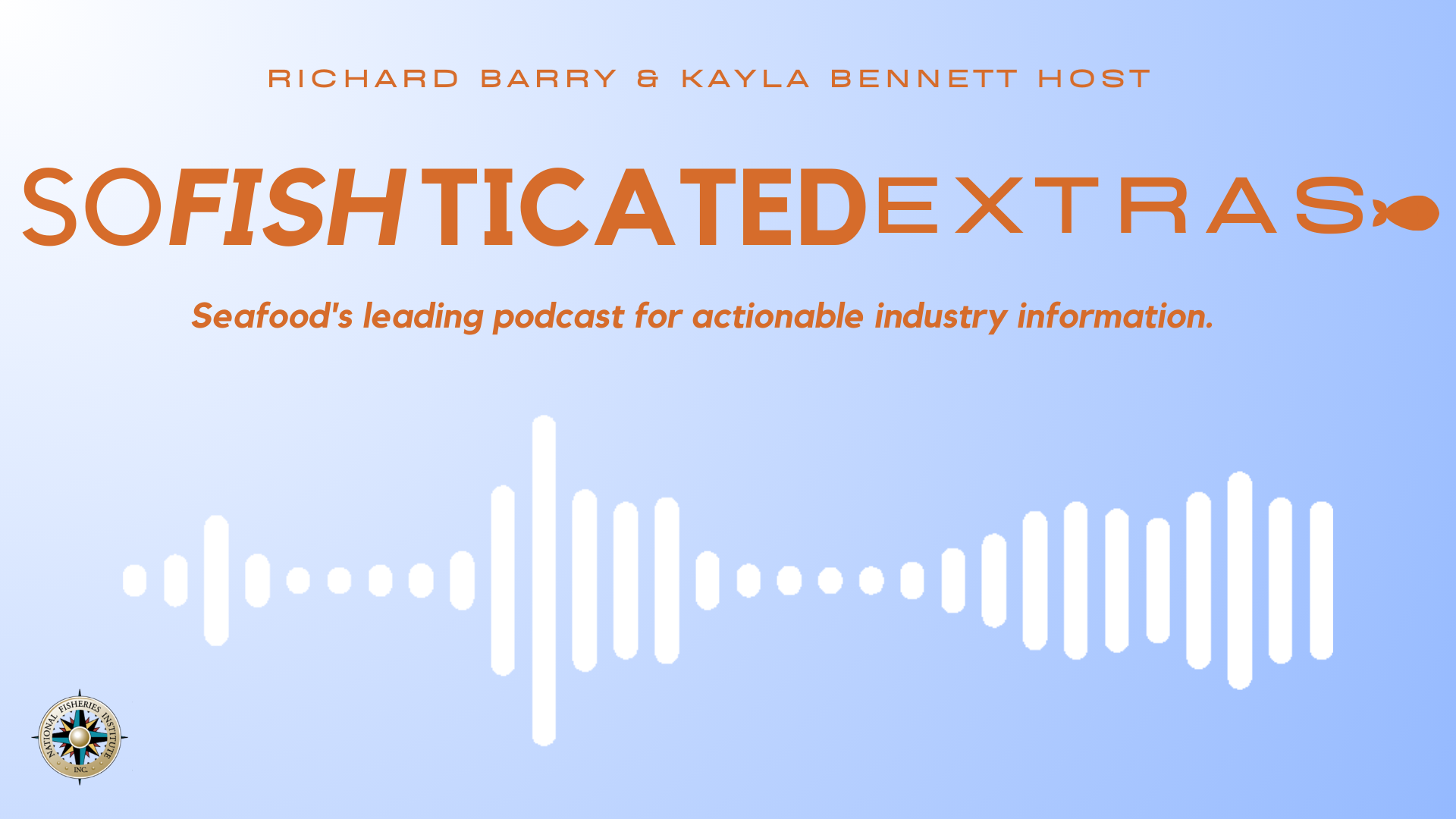Confusing Guidance
Here come the guides– the Blue Ocean Institute, the Environmental Defense Fund and the Monterey Bay Aquarium have all launched sustainable sushi guides that not only conflict with red and green lists from other environmental lobbying groups but offer health advice too.
If they’re talking about health advice for the oceans perhaps they’ve got a horse in this race but when it comes to human health I’ll stick to doctors and dietitians.
The Washington Post says the guides help consumer know if the sushi “has been caught or farmed in ways that harm the ocean or pose health risks to diners.” But they don’t report on the real limitations of these guides and the confusion they can cause.
For instance the Monterey Bay Aquarium’s guide was released on October 22nd and lists Alaska pollock in its “Best Choices” column. On October 9th, Greenpeace announced people should not eat Alaska pollock because it is “on the verge of collapse.” (Alaska pollockwas also featured on Greenpeace’s “red list“back in June.)
As far as health advice goes the first fish on the Monterey Bay Aquarium’s Best Choiceslistis “Aji.” If consumers read the legend, they’ll find the asterisk next to this species corresponds with a message to “limit consumption due to concerns about mercury or other contaminants.”So, is it the best choice or should I be limiting my consumption? What’s more, consumption limits with regard to mercury apply only to pregnant women, women who may become pregnant and small children. So the potential for confusion is fairly obvious.
While the advice we see from environmental lobbying groups is sometimes confusing and contradictory, what they are really doing is seeking to boil sustainability down to a neat wallet card or a handy list. This is an unrealistic and improper goal because it ignores the three facets of sustainability that must be considered in order to truly asses something’s “sustainability”; (in alphabetical order) economic, environmental and social. Cards that distil the sustainability story of any one specie down to a list or a ranking rarely take in to account all three considerations and there for fail in their goal.
The seafood community is not against efforts to responsibly educate people about sustainability, in fact we embrace it, but these cards don’t succeed in doing that.
If you want a dynamic constantly updated look at the real status of the stocks we suggest the National Oceanic and Atmospheric Administration’s FishWatchWeb site.



